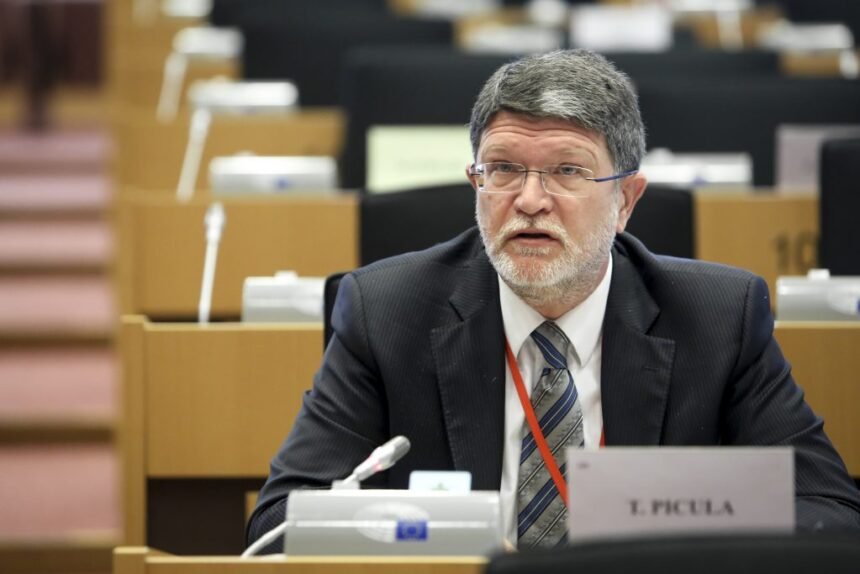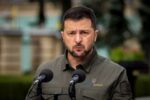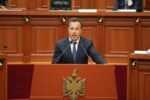This is what the European Parliament, above all, demands from Serbia, stated Tonino Picula, the new Croatian rapporteur on Serbia in the European Parliament, during an interview with the news agency “Beta.”
Picula, a social democrat known for his firm stance on Serbia’s destabilizing role in the region, criticized Belgrade sharply in his new role as the EU rapporteur.
Discussing the paramilitary and terrorist attack in Banjska, Picula called for full accountability for the attack and for bringing the perpetrators to justice—something that Belgrade has so far failed to do, instead avoiding accountability at all costs.
“Serbia must initiate and complete the process of determining responsibility for all those involved in Banjska and work towards a permanent de-escalation of tensions in Kosovo,” said the Croatian MEP.
Normalizing Relations Between Kosovo and Serbia: A Key Process
Picula spoke about normalizing relations between Kosovo and Serbia, describing it as a key process for both countries on their path to the EU.
“I was among the first to welcome the Franco-German plan and the Ohrid Annex as a revitalization of the Berlin Process. Unfortunately, instead of moving into a negotiation phase for a final agreement, we have entered a phase of new crises and escalating violence,” Picula said.
On how normalization should ultimately crystallize, Picula was more reserved this time.
He stated that the goal should be that both sides—Kosovo and Serbia—reach a point where they do not block each other’s EU membership, a commitment outlined in the 2013 Brussels Agreement.
Kosovo’s Potential Membership in the United Nations
When asked by the Serbian news agency “Beta.rs” whether Kosovo could join the United Nations, Picula said this depends on “many factors.”
“I believe this is largely a complementary and parallel process whose outcome depends on numerous factors. Arrangements in the dialogue already require Serbia to refrain from blocking Kosovo’s membership in international organizations,” Picula explained.
Criticisms of Serbia’s Domestic and Foreign Policy
The Croatian MEP also issued significant criticisms of Belgrade on both domestic and foreign policy fronts. These ranged from Serbia’s failure to align its foreign and security policies with the European Union, particularly its refusal to impose sanctions on Russia, to its domestic policies, which he argued undermine freedoms and democracy.
“The Serbian government often demonstrates authoritarian and anti-European tendencies, and we have expressed this clearly in several reports and resolutions in the European Parliament,” Picula said.
“The recent resolution on the last parliamentary elections is an example of our swift response,” he added.
“Another question is how willing Serbia is to accept all the criteria without which there is no EU membership. The EU is not just a common market, but a community of shared values and a union facing diverse risks together,” he said.
“Merely benefiting from financial incentives from the EU is not enough; democratic values are a prerequisite for membership. The EU accepts not only stable economies but also consolidated democratic societies. In this area, official Belgrade has much to do to affirm what it declares officially,” emphasized the European Parliament rapporteur.







